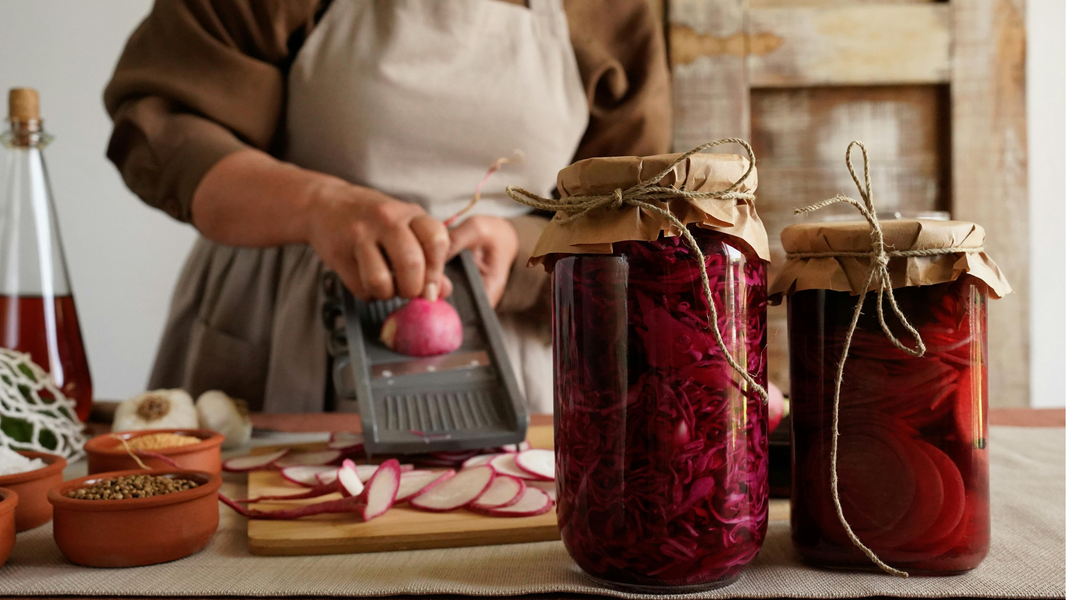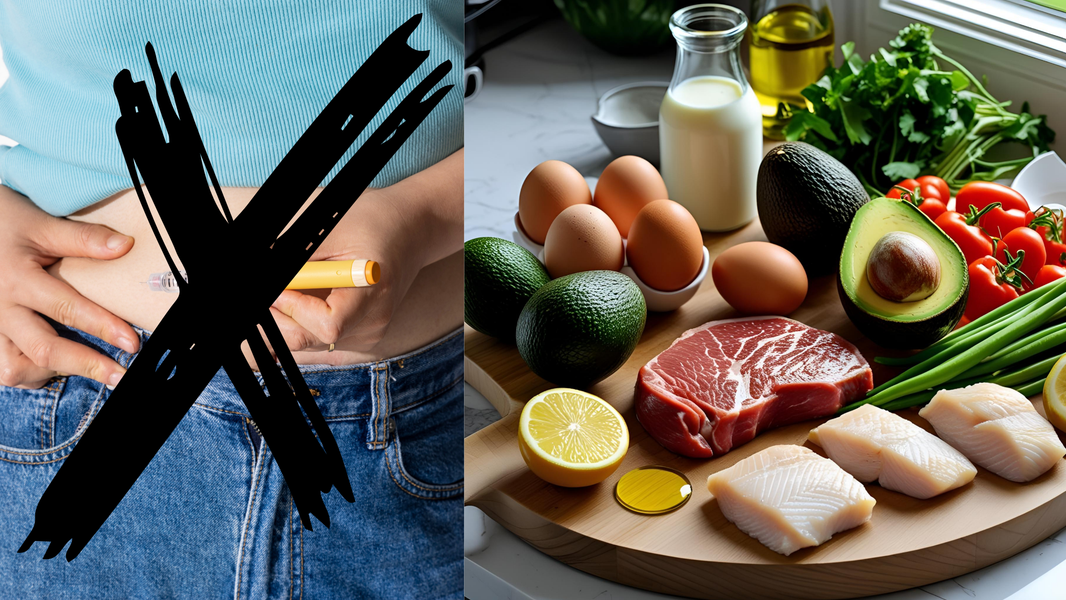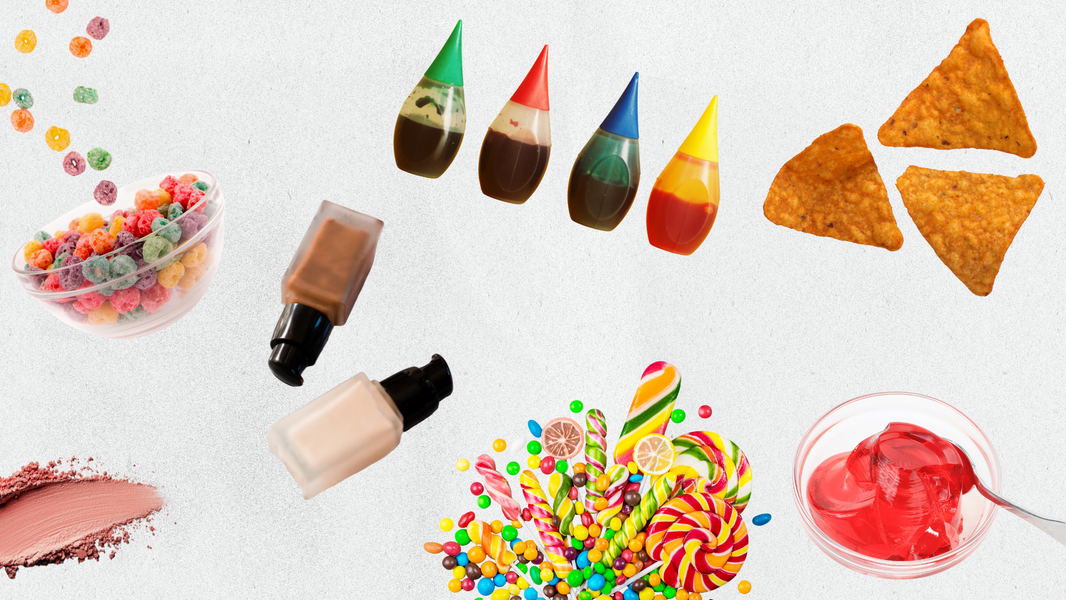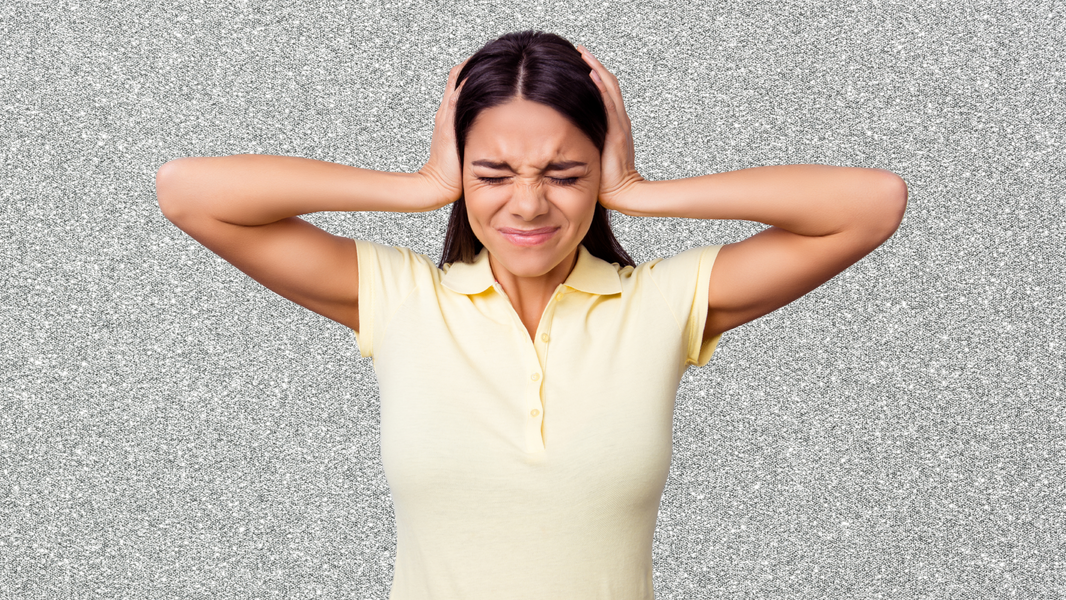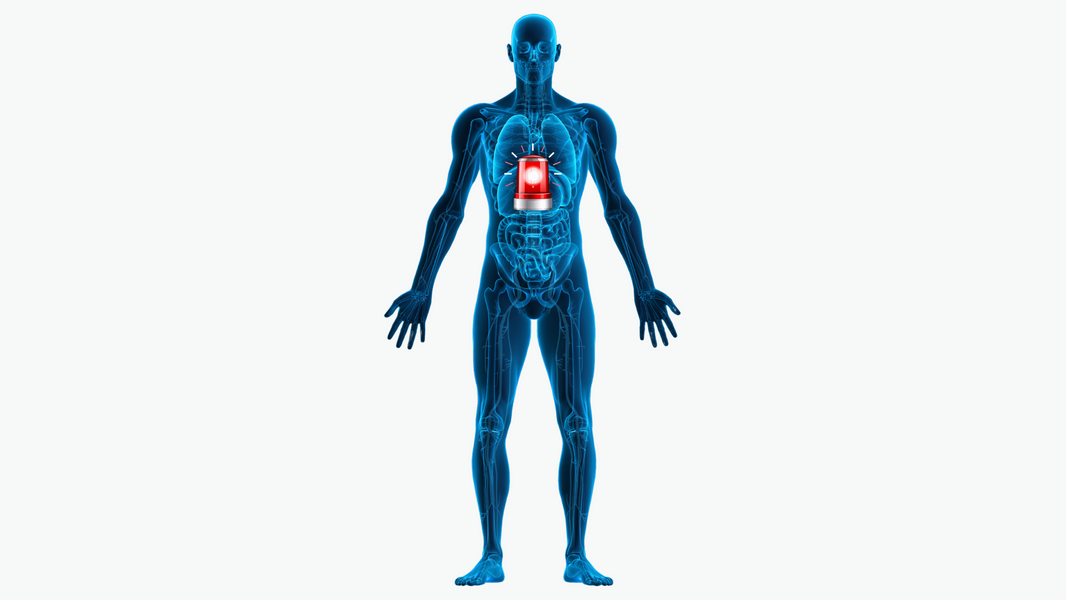Are artificial sweeteners contributing to the same health problems they claim to prevent?
If you’ve been watching what you eat, you’ve probably cracked a “diet” soda for added fizz and flavor. After all, it’s calorie- and sugar-free, and it seems the perfect way to add some variety to a low-calorie diet.
The bad news is that artificial sweeteners in diet drinks may not be as harmless as you think. Current research suggests these chemical additives trick our taste buds and may have wide-ranging, unhealthy effects.
We’ll discuss how artificial sweeteners may:
- Disrupt the beneficial bacteria in your gut microbiome
- Hijack the hormones responsible for healthy blood sugar processing and fat storage
- Interfere with healthy body signals related to craving and fullness
This article will also provide some Anti-Soda Solutions to help you “find your fizz.”
So read on for an analysis of artificial sweeteners!
Microbiome Menaces?
The food-industrial complex refers to most artificial sweeteners used in diet soda and other “sugar-free” foods as “metabolically inert.” This term means that they do not affect how your body processes nutrients.
But saying that artificial sweeteners “don’t affect” your body is a bit of a stretch.
While artificial sweeteners do not add calories to your diet, there is mounting evidence that they alter how your body processes sugar and fat. One of the ways they do this is by changing the makeup of the beneficial bacteria in your gut.
A 2014 article published in Cellular Metabolism showed a relationship between artificial sweeteners and the microbiome of test subjects.
The researchers started by observing the effects of artificial sweeteners on mice’s microbiomes and glucose tolerance. They found that mice fed artificial sweeteners developed altered microbiomes and glucose intolerance, meaning they couldn’t process blood sugar normally.
They didn’t stop at testing mice, though.
The next step of the experiment was observing how artificial sweeteners impacted human gut bacteria and vice versa.
Researchers observed that pre-existing differences between individual people’s microbiomes determine whether or not they developed glucose intolerance when exposed to artificial sweeteners.
What does the microbiome have to do with blood sugar? A healthy community of gut bacteria produces numerous ingredients for the hormones that process the sugar we eat.
Takeaway
Artificial sweeteners can alter a healthy microbiome and increase glucose intolerance. Also, individuals with unhealthy microbiomes may be more susceptible to artificial sweetener-related glucose intolerance.
Hormone Hijackers
Your microbiome is just one of the steps in your body’s handling of sugar. Your gut, liver, and pancreas respond to glucose intake by releasing hormones to process the changing blood sugar levels.
How do these organs know it’s time to “get to work?” Like your tongue does, they “taste” the sugar you eat.
Not exactly, but your pancreas, liver, and gut respond to sweet “tastes” by releasing hormones to regulate blood sugar. The same thing causes you to want a diet soda. It tastes like the real thing (sort of) and “tricks” your internal organs.
Even though artificial sweeteners don’t cause blood sugar spikes, they can cause insulin release. Insulin has adverse effects, like encouraging the creation and storage of fat. One of the ways that Type 2 Diabetes develops is that increased insulin release “burns out” the cells that produce and release insulin.
Once these cells break down, your body can no longer process sugar correctly. High blood sugar and excess fat storage contribute to chronic inflammation, metabolic syndrome, diabetes, and heart disease.
Takeaway
Artificial sweeteners can interfere with the healthy hormone processing of fat and blood sugar. Over time this leads to high blood sugar, excess fat storage, and chronic disease.
The Sneaky Sweetness Substitute
Science has shown, and Betr can attest, that our dietary behavior is more complicated than the traditional thinking of “calories in vs. calories out.” There’s a complex interplay between our psychology, hormones, and food’s physical effects on your body.
There are still plenty of questions about how your body reacts to a slug of diet soda. Here’s a quick review of a few things researchers are looking into to better understand artificial sweeteners’ effects.
Artificial Sweeteners and weight gain
The “calorie counting purists” recommend diet soda and artificial sweeteners as weight loss tools. Unfortunately, most of the research shows this not to be true.
The San Antonio Heart Study found that regular consumption of artificial sweeteners doubled the risk of becoming overweight or obese.
Even more worrying, several studies have observed this same effect with children who drink diet soda.
Artificial Sweeteners may “trick” your body into looking for energy.
When it tastes sweet, your body wants you to eat it for a sugary energy boost —artificial sweeteners short circuit this process. If your body never gets the expected energy payoff of the sweet treat, its reaction is, “ I need to eat more.”
One study on rats showed that when they were given a pre-meal dose of artificial sweetener or natural sugar, they ate more after having the artificial sweetener appetizer. Many researchers theorize that humans have the same reaction. Because artificial sweeteners taste like calories, are body eats more to find those calories.
Artificial Sweeteners and Neuronal Rewards Circuit
It’s a simple concept – you were designed to eat to stay alive. Every organ in your body was made to power this quest. Our brain isn’t any different.
Our brain encourages eating by giving you “good feelings” after a meal. A few studies have shown that your brain doesn’t give you a completely satisfactory response after eating artificial sweeteners. Because you’re not satisfied, you to seek out more, sweeter foods to satisfy your “sweet tooth.”
Takeaway
Additional research is needed to understand the multiple effects artificial sweeteners have on your body’s ability to feel physically full, mentally satisfied, and energized by your food.
Six Sweet Alternatives to Diet Soda
- Seltzer: It’s a classic: All the fizz, without the sugar! You can even get your own sparkling water maker to customize your carbonation level.
- Infused Water: you can toss some blueberries, strawberries, lemons, or lime in your water, and you’ve got a great, infused beverage. The fruit adds flavor, and you’ve got a little fiber-packed sweet snack at the end!
- Coffee or Tea: Looking for a drink to provide a pick me up? Why not go with the original energizers, coffee, or tea? Infinite varieties, infinitely customizable, hot or cold- coffee and tea also have a list of health benefits!
- Kombucha: Here’s some fantastic flavorful fizz for your face. Kombucha is a fermented beverage that’s been drunk for thousands of years. Side Benefit? It contains probiotic bacterial strains, making it refreshing and gut-healthy!
- Coconut Water: It’s not just for hangovers! Cococnut water tastes great, is low in sugar, and contains essential electrolytes and minerals for hyped-up hydration!
The Answer to Artificial Sweeteners
While we think they’re not the best option for your microbiome and overall health, Betr is about being Betr, not perfect. The occasional diet soda won’t derail you from a Betr way of life.
However, we think it’s important to recognize that diet drinks and artificial sweeteners are not “metabolically inert.” They impact your microbiome, hormone response, and can cause the negative health effects you are fighting against.
Betr is all about healing your gut and empowering your body. We’ve had thousands of members cut out diet sodas and other habits, and never look back! We don’t want ANYTHING to get in the way of that.
If you’re starting Betr, give us three perfect days without diet soda. We’re confident you’ll feel so great that you won’t want anything to get in the way, either!


